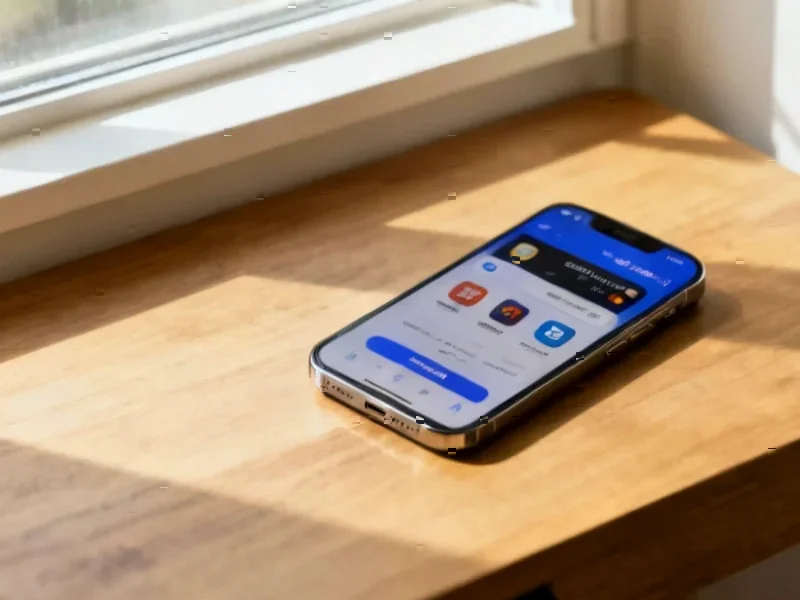According to Android Police, Google and Epic Games have reached a surprise settlement after years of legal battles that saw a jury find Google guilty of illegal monopolization in 2023. The companies submitted a joint proposal to the court that would allow users to easily download third-party app stores and let developers use alternative payment methods. The new fee structure would drop to either 9% or 20% for apps using third-party payment processing, a significant reduction from Google’s standard 30% cut. Android Ecosystem President Sameer Samat announced the deal on X, while Epic CEO Tim Sweeney praised Google’s approach as “awesome” and the opposite of Apple’s stance. The proposal now awaits approval from Judge Donato, which would officially end the legal war between the two companies.
What this means for developers
This is potentially huge for app makers. For years, developers have been stuck with Google‘s 30% commission on in-app purchases through the Play Store. Now they’re looking at fees as low as 9% if they handle payments themselves. That’s a massive difference for businesses operating on thin margins.
But here’s the thing – Google isn’t just opening the floodgates without any oversight. They’re still requiring third-party app stores to follow security guidelines and verify developer identities. Some critics worry this could effectively kill true sideloading by creating a new layer of bureaucracy. Still, having the option to direct users to alternative payment methods through external links is a game-changer that developers have been demanding for years.
The Apple comparison
Tim Sweeney didn’t hold back when he called Google’s approach the “direct opposite of Apple.” And he’s right – Apple has been fighting tooth and nail against third-party app stores and alternative payment methods on iOS. While Apple was forced to make some concessions in Europe due to regulatory pressure, their overall stance remains much more restrictive than what Google is now proposing.
Basically, we’re seeing two very different strategies emerge. Google seems to be embracing a more open ecosystem (with safety guardrails), while Apple maintains its walled garden approach. This could create a fundamental competitive difference between Android and iOS that developers will have to navigate. Will users care enough about app store choice to switch platforms? That’s the billion-dollar question.
Security trade-offs
Google’s insistence on verifying developers and requiring security guidelines for third-party stores makes sense from a safety perspective. Android has always had more malware issues than iOS, largely because of its openness. But there’s a fine line between reasonable safety measures and creating barriers that make alternative stores impractical.
Some privacy advocates are already concerned that Google’s verification requirements could become a backdoor way to maintain control. If the process is too burdensome or expensive for smaller developers, we might not see the competition explosion that this deal promises. The devil will be in the implementation details that we haven’t seen yet.
What happens next
Now it’s up to Judge Donato to approve or reject the proposal. Given that both parties have agreed to these terms after years of bitter litigation, approval seems likely. If that happens, we could see these changes roll out relatively quickly in the US market.
The bigger question is whether this settlement will pressure Apple to make similar concessions. Epic is still fighting Apple in courts worldwide, and seeing Google embrace more openness could strengthen Epic’s arguments. We might be witnessing the beginning of the end for the 30% app store commission as the industry standard. And honestly, it’s about time.




